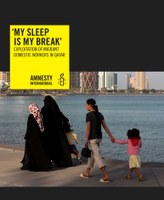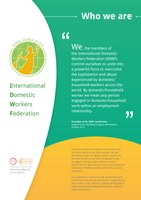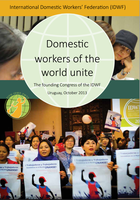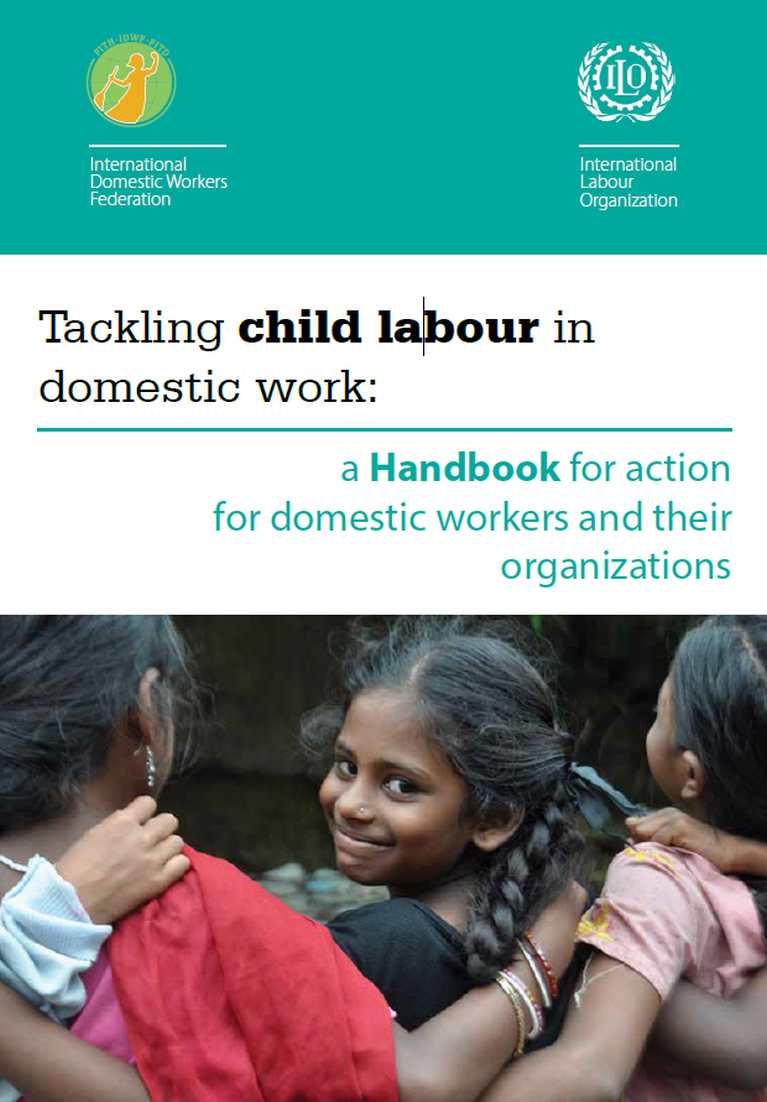
"My Sleep is My Break" - Exploitation of Migrant Domestic Workers in Qatar
More than half of all women migrant workers in Qatar are employed in private homes. Qatar’s laws do not limit the number of hours a day or the number of days a week that domestic workers can be asked to work. At its worst extreme, the abuse of domestic workers can involve physical and sexual abuse. In some cases, their treatment can amount to forced labour and human trafficking. This Amnesty International report, based on interviews with migrant workers, government officials and others, examines the way in which domestic workers are failed by serious flaws in Qatar’s laws and policies. It ends with recommendations to the Qatari government on how to prevent abuses and ensure the human rights of migrant domestic workers.



